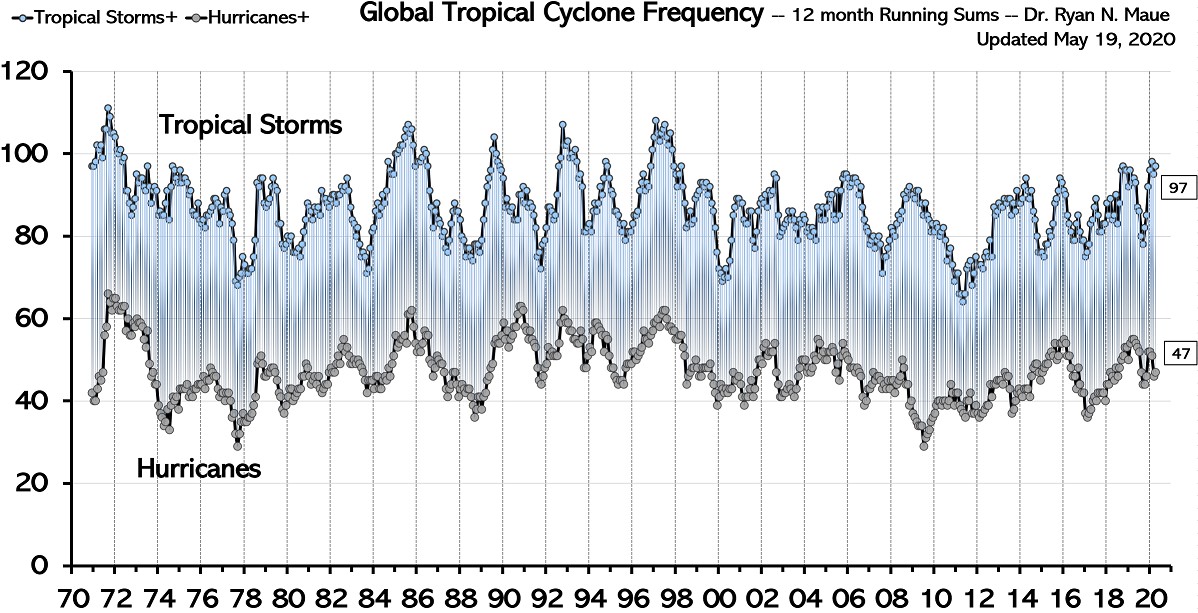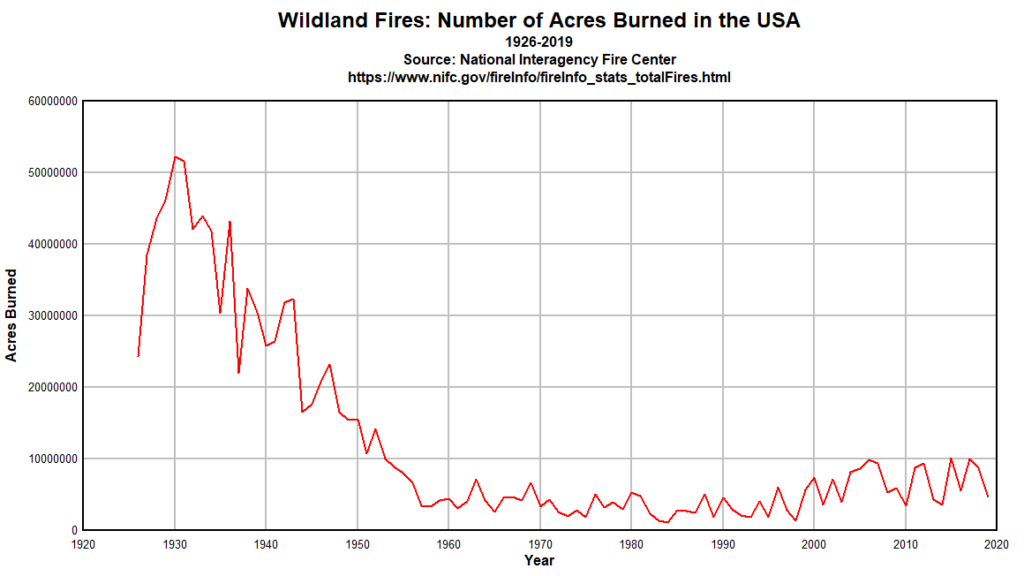National Public Radio (NPR) told listeners this week that climate change has caused the United States $500 billion in damage during the past five years. Unfortunately for NPR and its climate-change agenda, NPR could not name a single event caused by climate change.
In an All Things Considered segment, “What Are The Costs Of Climate Change?,” the interviewer begins by saying, “The gulf coast faces catastrophic flooding after yet another hurricane, this one Sally lumbered ashore early this morning. Meanwhile, record setting fires have been burning in the West for weeks. These climate-fueled disasters are not only dangerous, they’re costly.”
Attempting to put a specific price tag on the asserted climate change damage, NPR claimed, “in the last five years the U.S. has experienced more than $500 billion … directly from climate fueled weather disasters.”
Except that neither hurricane Sally nor current wildfires are connected to climate change. Nor are any other recent weather events.
As explained in Climate at a Glance: Hurricanes, hurricane impacts have recently been at an all-time low in the United States. “The United States recently went more than a decade (2005 through 2017) without a major hurricane measuring Category 3 or higher, which is the longest such period in recorded history. The United States also recently experienced the fewest number of hurricane strikes in any eight-year period (2009 through 2017) in recorded history,” according to data from the National Hurricane Center. If at the conclusion of this hurricane season, it proves to be busier than average for the year, it would just represent a return to normal from the 1970s and before.
And the Intergovernmental Panel on Climate Change (IPCC) reports there is, “only low confidence for the attribution of any detectable changes in tropical cyclone activity to anthropogenic influences.” (See the image below, courtesy of meteorologist Dr. Ryan Maue at http://climatlas.com/tropical/)

Concerning wildfires, the data is just as clear there has been a significant decline in wildfires over the past century even as the earth has modestly warmed.
Data from federal government sources confirm the IPCC’s findings. As reported in Climate at a Glance: Wildfires, long-term data from U.S. National Interagency Fire Center (NIFC) show wildfires have declined in number and severity in recent decades. Using data on U.S. wildfires from as far back as 1926, NIFC reports the numbers of acres burned is far less now than it was throughout the early 20th century. As the figure below shows, current acres burned run about 1/4th to 1/5th of the record values which occurred in the 1930s.

Graph by meteorologist Anthony Watts
Globally, the data on wildfires are just as clear. In his book False Alarm, Bjorn Lomborg observes:
“There is plenty of evidence for a reduction in the level of devastation caused by fire, with satellites showing a 25 percent reduction globally in burned area just over the past 18 years … In total, the global amount of area burned as declined by more than 540,000 square miles, from 1.9 million square miles in the early part of last century to 1.4 million square miles today.”
Message to NPR — it is hard to claim climate change caused $500 billion in U.S. damages during the past five years when you can’t identify a single event caused by climate change.


















